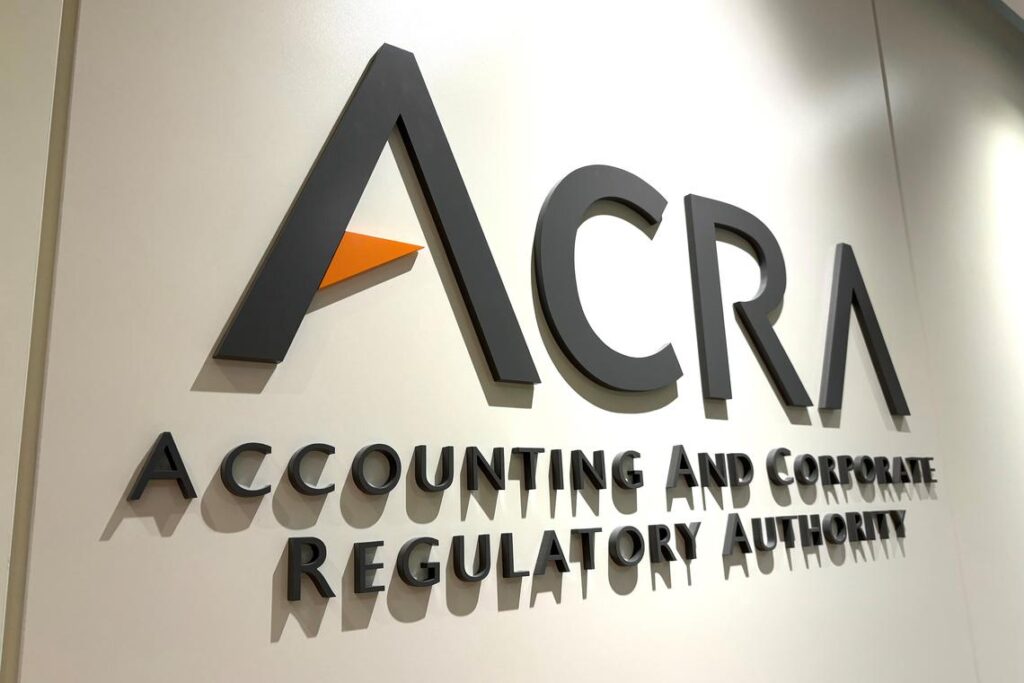Company setup in Singapore is one of the most popular choices for foreign entrepreneurs thanks to the country’s low taxes, transparent regulations, and reputation as a global business hub. However, many new investors run into challenges because they are unfamiliar with Singapore incorporation requirements and overlook critical steps in the business registration process.
These mistakes can cause unnecessary delays, higher costs, and compliance risks. This article highlights the most common pitfalls foreigners face when setting up a company in Singapore—and how to avoid them.
Overlooking the Local Director Requirement

Every company in Singapore must have at least one Local Director who is “ordinarily resident” in the country. This means a Singapore Citizen, Permanent Resident, or a foreigner with an Employment Pass (EP), EntrePass, or Dependant’s Pass with a valid Letter of Consent (LOC).
Many foreigners assume they can incorporate without a Local Director, only to face delays.
How to avoid it: Understand the Local Director requirement early. If you do not plan to relocate, appoint a Nominee Director. Keep in mind that even nominee directors carry legal and fiduciary duties under Singapore law, so working with a reputable service provider is essential.
Choosing the Wrong Business Structure
Some entrepreneurs default to a sole proprietorship or partnership without realizing the advantages of incorporating a Private Limited Company (Pte. Ltd.).
A Pte. Ltd. offers limited liability, stronger credibility, and greater fundraising opportunities, while a sole proprietorship exposes owners to unlimited personal liability.
How to avoid it: Seek professional advice before deciding on your company structure to ensure it aligns with your long-term goals.
Underestimating Licensing Requirements

Registering with ACRA is only the first step. Many industries—such as food and beverage, finance, education, and healthcare—require additional permits. Skipping this step can result in fines or even business closure.
How to avoid it: Research whether your industry requires approvals from agencies such as the Singapore Food Agency (SFA), Monetary Authority of Singapore (MAS), Ministry of Health (MOH), or Ministry of Manpower (MOM). Learn more in our guide to business licenses in Singapore.
Neglecting Tax and Compliance Obligations
Singapore’s tax system is efficient, but not automatic. Companies are required to:
- File annual returns with ACRA
- Submit corporate tax returns with IRAS
- Maintain proper accounting records for at least five years
How to avoid it: Engage a corporate secretary or accounting firm to manage compliance. For an overview of how Singapore’s system works, see our article on Singapore corporate tax explained.
Using Personal Bank Accounts for Business

Some new business owners try to use personal or overseas bank accounts for company transactions. This complicates compliance, makes tax filing difficult, and reduces credibility with clients and partners.
How to avoid it: Open a corporate bank account in Singapore or through a recognized international financial institution. Be aware that banks in Singapore apply strict Know Your Customer (KYC) and due diligence checks, particularly for foreign-owned companies. Preparation of proper documentation is key to avoiding delays.
Ignoring Employment Pass and Visa Rules
Foreign directors and staff cannot automatically work in Singapore. They require valid work passes issued by the Ministry of Manpower. Misunderstanding this requirement can result in delays or legal issues.
How to avoid it: Apply early for the appropriate passes, such as Employment Pass (EP), EntrePass, or S Pass, as part of your incorporation planning.
Key Takeaways
While Singapore offers one of the most efficient environments for business incorporation, foreign entrepreneurs often encounter problems due to lack of awareness. The most common mistakes include overlooking the Local Director rule, selecting the wrong business structure, neglecting licensing requirements, ignoring compliance obligations, mismanaging banking, and failing to secure the right work passes.
By understanding these requirements in advance, you can avoid setbacks and build a strong foundation for your company in Singapore.
Next Steps
Establishing a company in Singapore is an opportunity to access one of the world’s most dynamic business hubs. With the right guidance, the process is seamless and efficient.
Contact InvestinAsia today to receive expert support in company setup, compliance, and long-term growth planning.
Tel: (+66) 2 1188 999
Email: hello@investinasia.co.th
Website: https://investinasia.co.th



